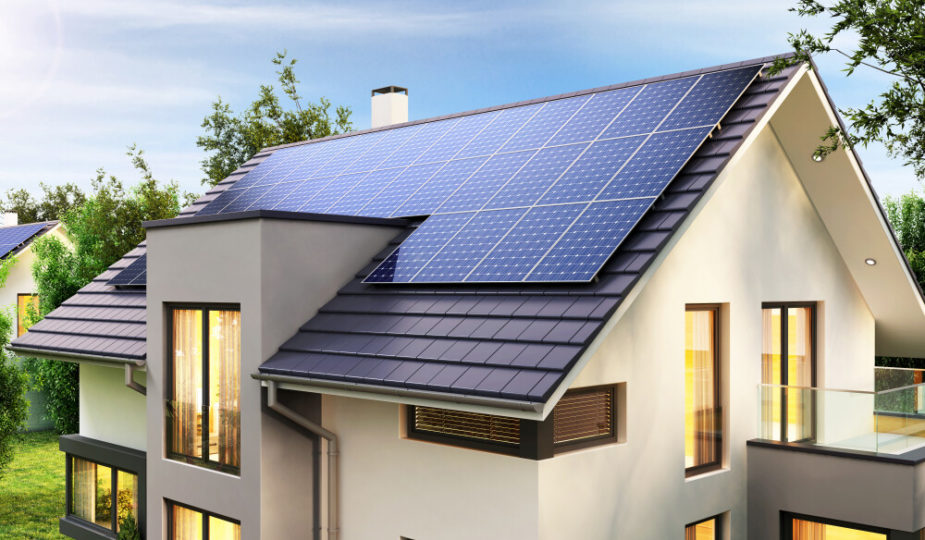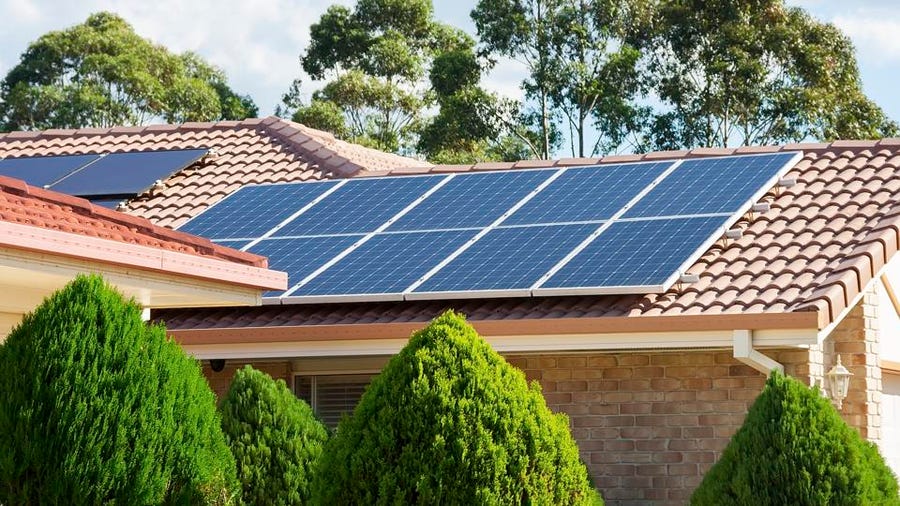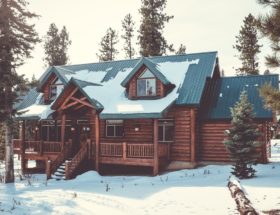
The Basics Of Home Solar Panels
If you are reading this article you are likely interested in installing solar panels in your home or business. Doing so can mean you can turn your home energy bills on their head and make yourself much more environmentally friendly in the process.
Before you go ahead with the project, there are a few financial and technical aspects that you need to take into account. A trusted solar panels company is a good place to start but read on to find out a few important pieces of information for yourself.
Sourcing your home solar panels
You can choose to buy your own panels from many retailers or online. Alternatively, you can source them through reputable solar companies to benefit from their expertise. They will also be able to assist with installation, not to mention the finer points of your home solar setup. Once you’ve decided where to buy the panels from, the next step in your home solar installation is getting the funds needed for the project. Installing solar panels may be cost-effective in the long run, but initially, it is a steep investment which is not so easy to make.
Finding the funding for your panels can also be a challenge. If you are fortunate enough to have thousands of dollars’ savings to invest that is a great starting point. If not, there are still options available on a state and federal level. These include loans, grants and even tax incentives – again, a solar company in Los Angeles County can guide you in the right direction with these.
It may be tempting to go alone with home or business solar panels, but the financial and technical aspects can be a bit of a minefield. So even though it may seem as though you can install home solar panels alone, you are likely to benefit from the help of a specialist in the bigger picture.

On or off-grid solar panels
How you setup your home solar panels will depend to some extent on where your property is situated. If you are in a city or suburban location you will be able to choose whether to remain connected onto the main grid.
The advantage of doing so is that you can opt into a scheme called net metering, which allows you to feed any surplus energy you generate back into the grid. As part of the bargain you can then pull any extra energy you need from the grid when you do not have enough.
If your property is in a remote location, you can opt for storage batteries to keep surplus stocks for when you need them. The downside of this model is the purchase and installation costs of the batteries, not to mention finding somewhere in your home to store them. It is also possible to opt for a hybrid model combining both on-grid and batteries.
Going ahead with solar
When you have evaluated your home solar project, you can work with a best solar company to guide you. You will find that you pay off the investment in your panels within around three years. At this time you can enjoy freedom from monthly electricity bills.
Better yet, solar panels last up to three decades depending on the manufacturer and model, so your investment has longevity. Hopefully you found this article useful and you now have a good understanding of the basics of home solar panels.









